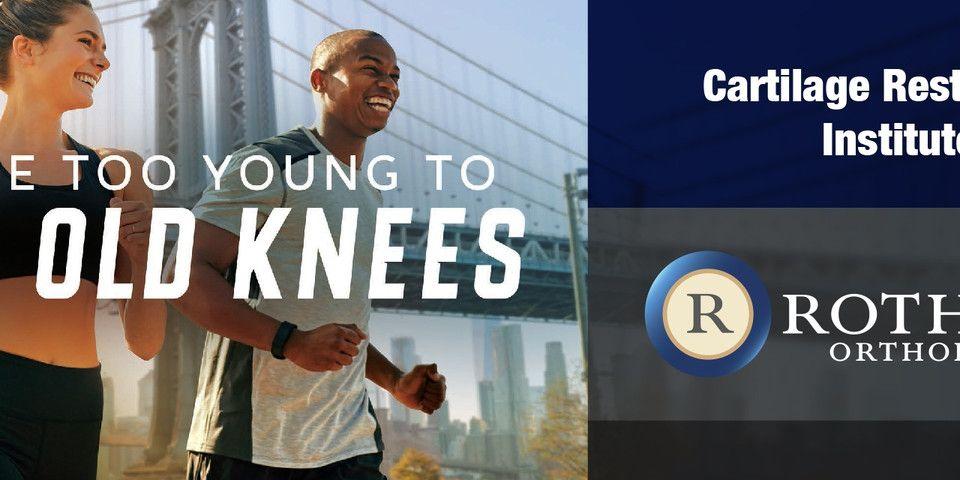Do you have shoulder pain that just won’t go away? Difficulty lifting your arm? A persisting popping and/or clicking sound? Anyone of these symptoms may be indicative of a serious condition with your shoulder. If you live in the area, seek a professional diagnosis from an expert shoulder doctor in NYC.
While nonsurgical methods are always initially encouraged, sometimes surgery is required for the shoulder to make a full recovery. Shoulder arthroscopy, a minimally-invasive surgery, is one of many treatment options the Shoulder & Elbow experts at Rothman Orthopaedic Institute specialize in.
Rothman Orthopaedic Institute Provides Expert Shoulder Arthroscopy in NYC
Shoulder arthroscopy is a minimally-invasive surgical option used to treat many shoulder injuries. Needing only a small incision, the shoulder surgeon will insert a small camera into the shoulder joint. She or he will then use the camera’s view to guide the surgical process, which will be performed using miniature surgical instruments. There are many benefits to this type of surgery, including:
-
Less pain
-
Shorter recovery time
-
Minimal scarring/blood loss
-
Most patients can go home the day of surgery
Although there are many shoulder issues that can be treated with shoulder arthroscopy, below are four common shoulder conditions that a shoulder doctor in NYC can perform an arthroscopic procedure on:
-
Rotator Cuff Tear
Most rotator cuff tears require surgical treatment. The rotator cuff is made up of four muscles and their tendons and is essential to keeping the arm within the shoulder socket. It is also key to your arm’s ability to lift and rotate.
When one or more of the tendons tear, they begin to fray. This is a partial tear. If the tendon tears to point of becoming severed from the bone, it is considered a full-thickness tear. Arthritis can also develop from a tear that goes untreated for too long. During an arthroscopic procedure, the shoulder surgeon will be able to evaluate and repair the tear, as well as shave and/or remove any spurs that may have formed. -
Superior Labrum Anterior to Posterior (SLAP) Lesion Tear
This particular type of tear relates to the ring of cartilage that lines the shoulder socket (known as the labrum). The superior (top) of the labrum attaches to the bicep tendon. When there is a tear at this point of attachment, it occurs in both the anterior (front) and posterior (back) of the labrum. The bicep tendon can also go through this type of tear. If the superior labrum is frayed but not detached, the frayed edges will be debrided. If the labrum is completely detached, suture anchors will be placed in the bone to repair and reattach it. -
Shoulder Instability
Shoulder instability occurs when the humeral head (ball) becomes dislodged from the glenoid (socket) and dislocates. The ball is normally kept centered by a complex arrangement of ligaments and muscles. When physical therapy fails and shoulder instability becomes a chronic issue, shoulder arthroscopy is performed to repair the damaged ligaments and muscles. -
Shoulder Arthritis
Affecting more than 50 million people, arthritis is categorized as the inflammation of one or more joints. There are many types of arthritis, but the two most common forms of shoulder arthritis are osteoarthritis and rheumatoid arthritis.
Osteoarthritis (known as “wear-and-tear” arthritis) wears away at the articular cartilage (smooth outer covering) of the bone. Rheumatoid arthritis is a chronic, symmetrical disease that affects multiple joints in the body. It causes the synovium (the lining of your joints) to swell. Currently, shoulder arthritis is incurable, but arthroscopic surgery can relieve the symptoms. During the procedure, the surgeon will debride the joint and smooth any articular cartilage.
Surgery can be an overwhelming thought, but the Shoulder & Elbow specialists at Rothman Orthopaedic Institute have the skills and expertise to provide comfort, knowledge, and support to each and every one of our patients throughout the entire process. To schedule an appointment with one of our shoulder doctors in NYC, please visit us here or contact us at 1-800-321-9999.
Related Specialties
Related Conditions
Related Services
Related Programs
-

Cartilage Restoration Institute
This is a center where patients can go to have their disabled joint biological resurfaced, realigned, and stabilized without having the joint replaced by artificial materials such as metal and plastic. It is well known that the outcomes of patients under the age of 50 undergoing artificial joint replacement are not as good as we would like. Therefore we feel the future of Orthopaedics is to try to restore a joint back to its original anatomy by realignment, ligament reconstruction, and cartilage restoration.Read More





